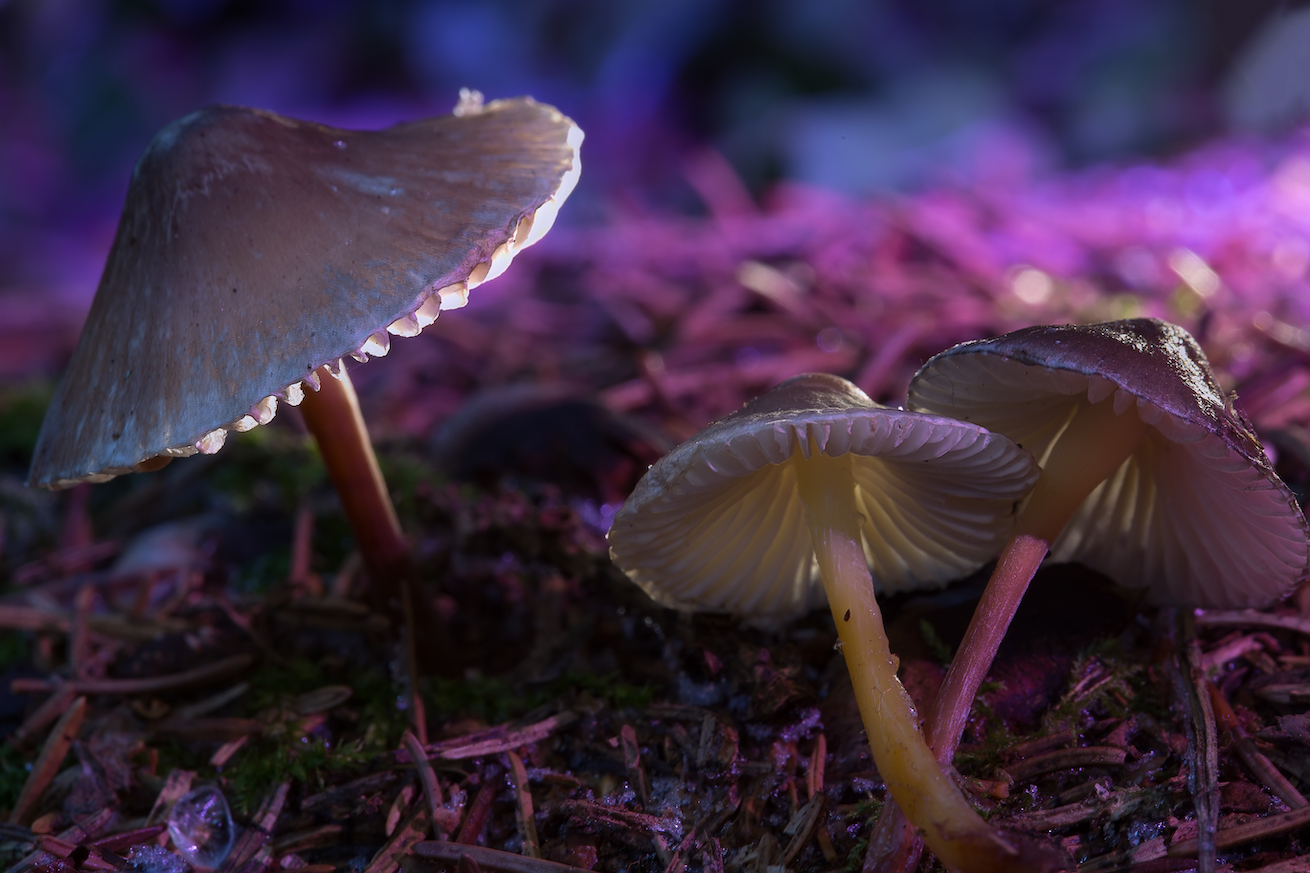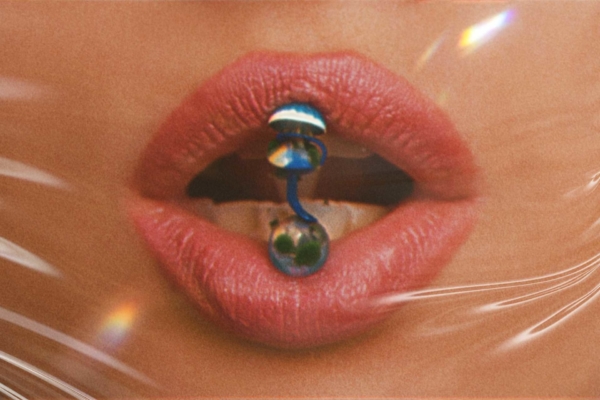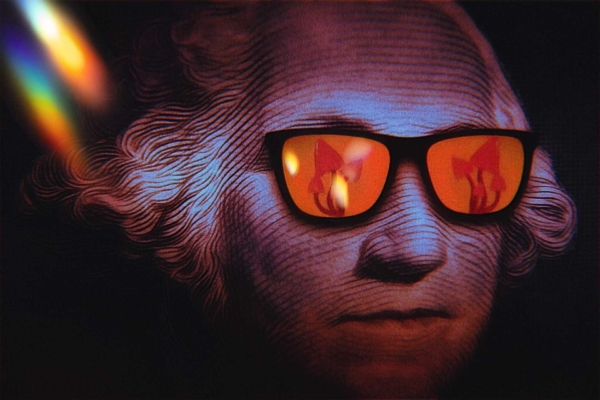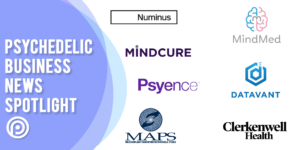
A new Senate bill in Michigan proposes legalizing the personal use of plant and fungus-based psychedelics in the state.
The Senate bill, SB 631, would amend the public health code to allow for the possession, cultivation, and delivery of a variety of entheogenic plants and fungi. The bill defines an entheogenic plant or fungus as any naturally occurring species that contains an indole amine, tryptamine, or phenethylamine compound, specifically dimethyltryptamine (DMT), ibogaine, mescaline, psilocybin, and psilocin.
The proposed laws do not allow for “receiving money or other valuable consideration for the entheogenic plant or fungus”, meaning the commercial production and sale of these plants and fungi remain subject to criminal penalties. However, the exchange of money excludes “a reasonable fee for counseling, spiritual guidance or a related service that is provided in conjunction with the use of an entheogenic plant or fungus under the guidance and supervision of the person providing the service.”
Introduced in the Senate on September 2, the bill is sponsored by Democratic Senators Jeff Irwin and Adam Hollier. “Decriminalization of entheogenic substances makes sense,” Senator Irwin said in a tweet. “There is medicinal value. These plants and fungi have religious significance. And these substances are relatively safe and not prone to abuse. Let’s stop wasting time and money making more victims of the War on Drugs.”
SB 631 is set to go before the State Senate’s Assembly next year.
Michigan has already made progress towards legalizing the use of plant-based psychedelics. In September last year, the city of Ann Arbor decriminalized a variety of psychedelic substances including ayahuasca, ibogaine, mescaline, peyote, and psilocybin, but this measure does not cover synthetic compounds. Any person found to be planting, cultivating, purchasing, transporting, distributing, engaging in practices with, or possessing plant-based psychedelics is now considered the lowest law enforcement priority for the city.
In August, the city officially declared September to be Entheogenic Plant and Fungi Awareness Month with the hope of increasing awareness around the potential therapeutic benefits of psychedelic plants and fungi. This includes a new annual plant and mushroom festival called Entheo Fest which will be held on September 19 at the University of Michigan Campus.
The city of Grand Rapids is also on track to decriminalize psychedelic plants and fungi by the end of the year. Like Ann Arbor, the measure would not legalize the sale of psychedelic plants and fungi but make growing, gifting, possessing, and using these plants and fungi the lowest law enforcement priority. City staff and attorneys are currently vetting the resolution, hoping it could be introduced sometime this fall.
On a state level, Michigan is just the latest in a string of jurisdictions in the United States considering the legalization of psychedelics for personal use. Last November, Oregon became the first state to legalize the therapeutic use of psilocybin. California is also considering a bill that would decriminalize the personal use of psilocybin, psilocin, MDMA, LSD, DMT, mescaline (excluding peyote), and ibogaine, including in group counseling and community-based healing settings.





